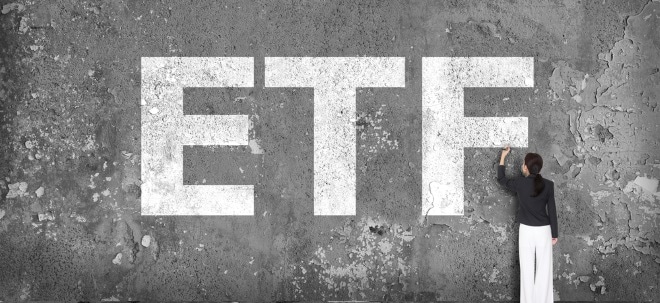Specter of Recession Raised After Assault
By Denise Duclaux
NEW YORK (Reuters) - The specter of recession surfaced on Tuesday as investors, struggling
through the aftermath of a devastating attack on the United States, attempted to decipher its meaning
for an already faltering economy.
``I think we have certified for all practical purposes a recession as a result of this with the market
being as fragile as it is,'' said Stanley Nabi, a managing director at Credit Suisse Asset Management,
which oversees about $110 billion.
Three hijacked planes slammed into U.S. landmarks, destroying New York's World Trade Center and
plunging the Pentagon outside Washington into flames. Financial markets shut in the United States as
the globe remained fixated on television and wire reports for clues as to the extent and source of the
attack.
``It will be awful tomorrow,'' Nabi said, predicting a dismal day on Wall Street if markets should open
on Wednesday. ``There are two reasons. The first is psychological. Obviously, this is a blow. The
second is fundamental. This will mean the slowdown will accelerate into a recession of some
substance.''
Economists had been fiercely debating whether the U.S. economic downturn would meet the official
definition of a recession -- two straight quarters of a contraction in gross domestic product. Nabi,
waiting for transportation to resume out of Manhattan so he could head home, felt a recession was in
the cards
``I think this is a blow to consumer confidence that will cause the consumer to say, 'This is not the
time to spend,''' Nabi said, explaining the economy would slow further as consumers kept their
wallets shut.
The Commerce Department's most recent read on second-quarter gross domestic product showed a
meager rise of 0.2 percent, which was revised down from an originally reported 0.7 percent increase.
Commerce could ultimately revise its numbers for the April to June period to a negative number.
The current third quarter ends Sept. 30, but the Commerce Department will not tally its early estimate
of GDP for the period until late October.
``It's a disaster with a small 'd' for financial markets,'' Nabi said from his midtown offices.
``Personally, I think if it becomes a big 'D' to the market then I would be a buyer.''
The stock market has tumbled as the nation's red-hot economy began to peter out and the speculative
technology bubble imploded. Sell-off after sell-off has pushed the technology-loaded Nasdaq
Composite index (^IXIC - news) and the broad Standard & Poor's index (^SPX - news) deep into
bear-market territory.
Wall Street had expected earnings will come out of their slump by the first quarter of next year, but
the devastating attacks on the United States left investors throwing all assumptions to the wind.
``One thing we have to keep in mind is whether this is going to cause a war, an all out war,'' Nabi said.
``I doubt the Western countries are going to say, 'Well, this is the work of fanatics.' They are going to
have to come to the conclusion that this is something that is organized, sanctioned, blessed by
whatever you want to call it.''
|


 Thread abonnieren
Thread abonnieren

